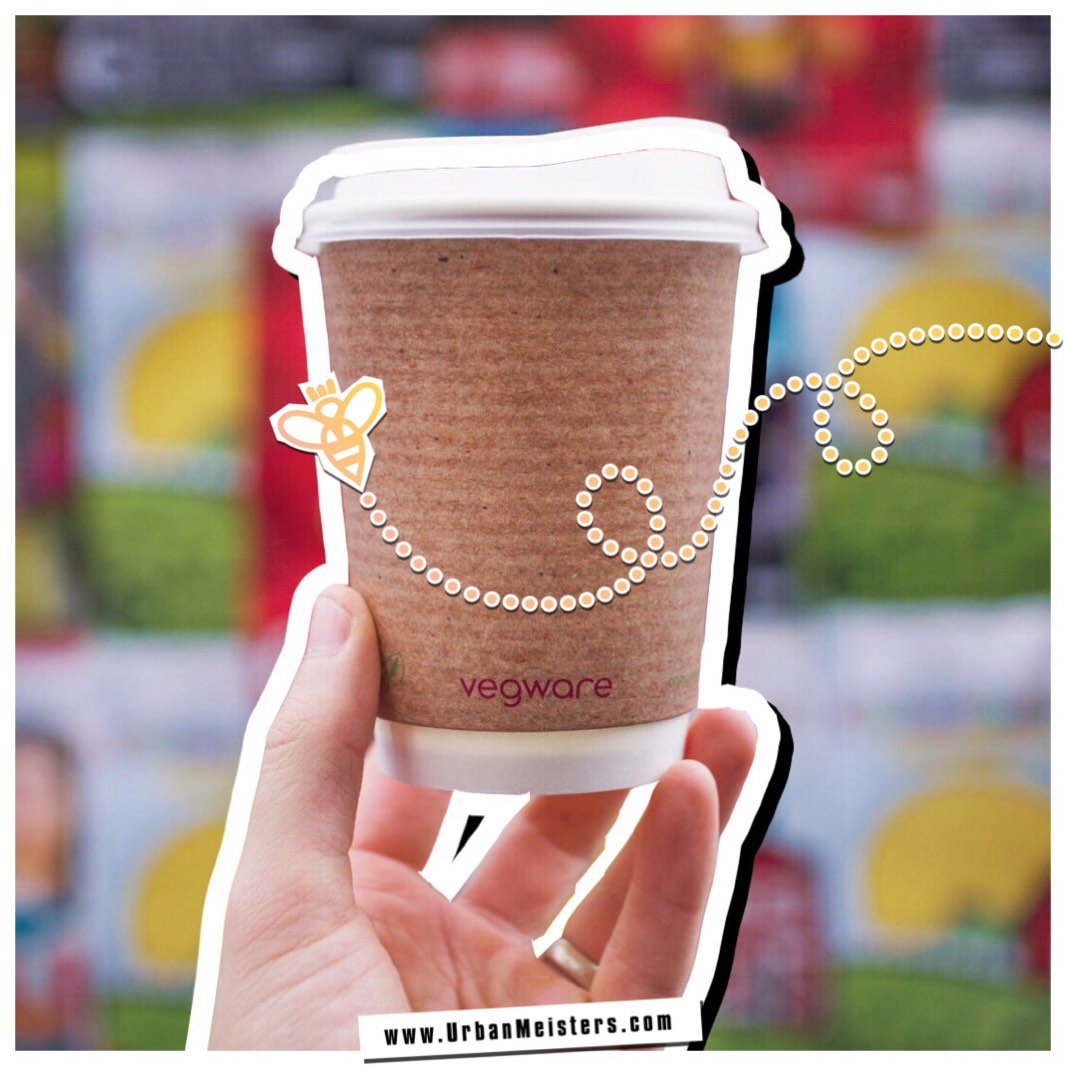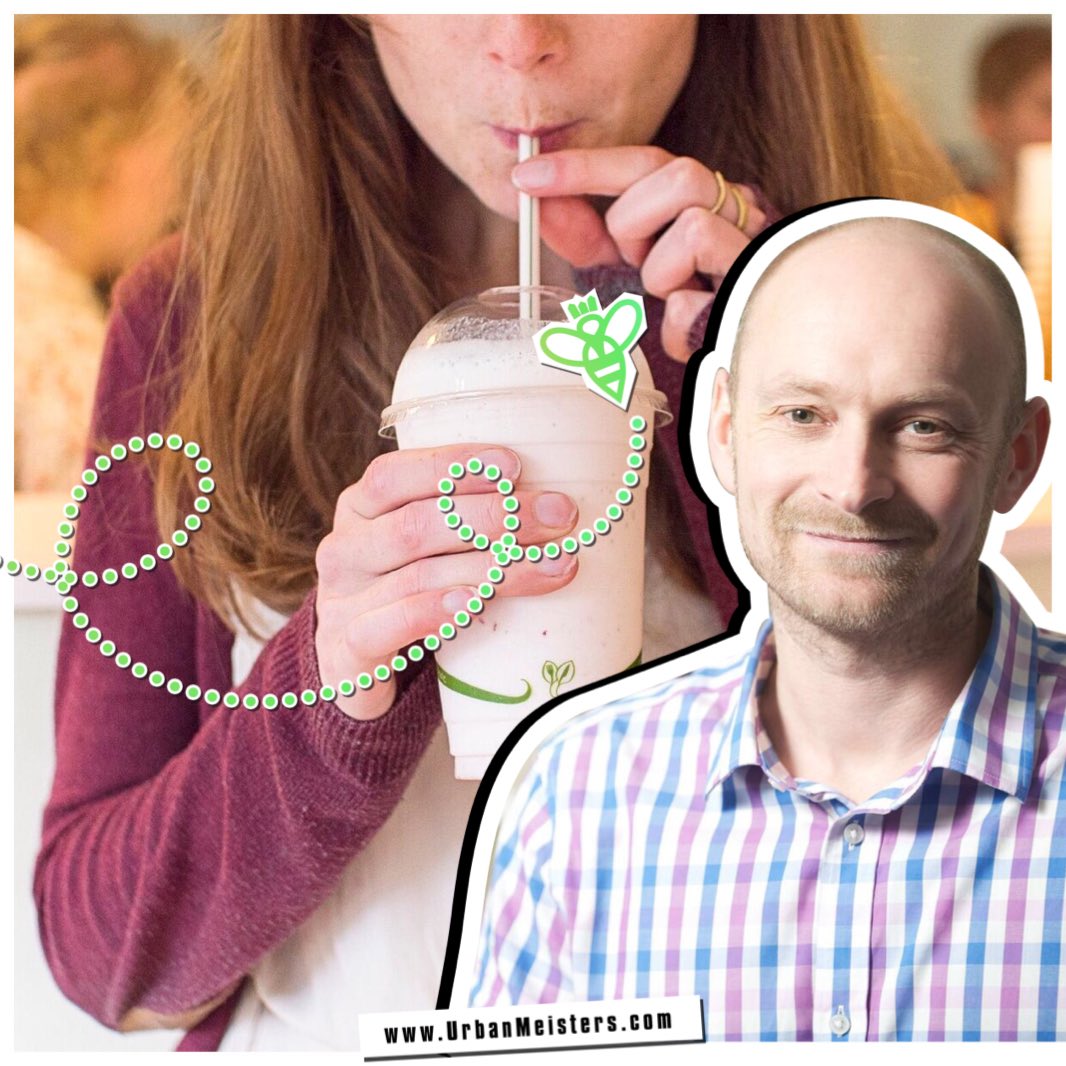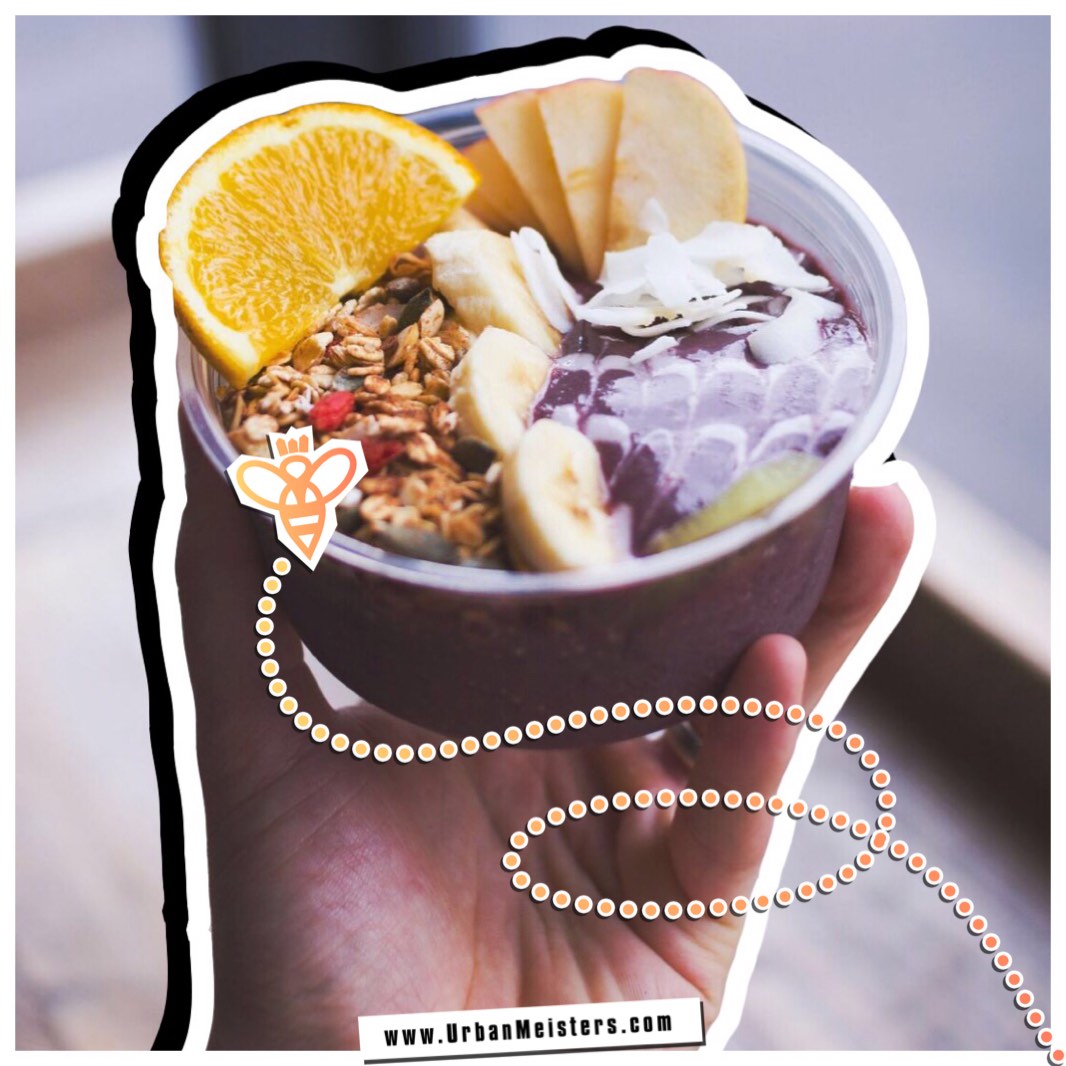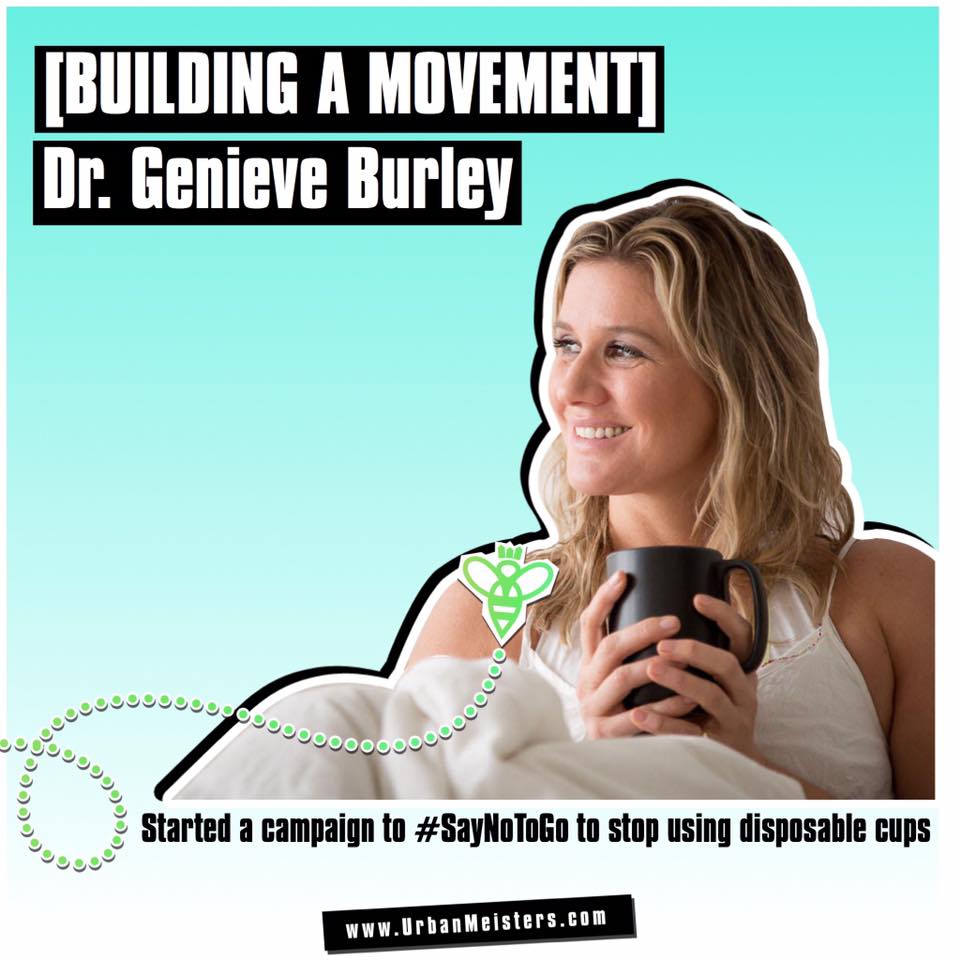Green living. Is it a cult? Is it activism? Is it difficult?
Green living is simply smart everyday choices.
Like waste management, waste is often generated from the simplest everyday things. Energy waste when we forget to turn off the lights. Fashion waste when we buy clothes every few days and discard them even faster. Water waste when we don’t use water judiciously. Even paper waste when we insist on printing everything instead of going digital! So many other instances of waste in everyday life that can be so easily managed. The one glaring example is packaging waste that goes massively unnoticed by all of us. Most kitchen, personal care and everyday utility items come in plastic packaging so our founder Mirela Orlovic put down handy tips on how to regulate plastic entry in homes. We introduced you to innovative start-up Repack re-usable packaging that is challenging this aspect. But what about food? It’s really easy to manage food waste at home with proper planning and composting etc, but where we all get stumped is food packaging. It’s important to rid your kitchen of plastic packaging because everyday food items come in that and helping us with this is Vegware – an innovative plant-based packaging company making catering disposables that are compostable with food waste!
Made from plants, not plastic, Vegware provides a great zero waste solution for foodservice. Packaging is not just about how pretty it looks and good it feels. Packaging is also about how well it works, and Vegware scores big not only in terms of utility but also in the eco-friendly stakes. Earlier we introduced you to the circular economy model which aims to do away with the industrial sector’s outdated linear approach to growth – make, use, dispose. Companies are increasingly looking for solutions that close the loop, not just with recycling at the end of the line, but also by design, procurement and logistical solutions that are innovative and sustainable. Vegware is a great example of this approach. Let’s hear about it from them.
Why is compostable packaging important?
We come across packaging every day in our lives. Whether it’s for a coffee cup, smoothie or a takeaway sandwich, sometimes it can be hard to find a sustainable alternative. The main problem with a lot of packaging is down to the materials being used to sustain and create it. The next issue is usually how we dispose of it once we’ve used it.
Unfortunately, a lot of foodservice packaging is difficult to recycle. That’s why at Vegware we offer a compostable packaging solution.

How is Vegware different?
Vegware products are made from plants, not plastic. Since they are made from organic materials, they are designed to break down with food waste in under 12 weeks in industrial composting, helping return nutrients to the soil. The majority of food service packaging cannot be recycled because it is made from mixed materials (e.g. plastic/card) and it is typically contaminated with food.

We also believe it’s better to use plant-based materials for our products rather than depleting oil-based finite resources. Our products have environmental benefits over conventional plastic based products in production. For example, our cups emit 72% less carbon than some plastic alternatives out there.

Above: Click on picture to watch how Vegware compostable packaging helps you waste less
Is compostable packaging the answer?
It’s the only real solution for zero waste in foodservice!
Vegware knows that you can’t recycle plastic with food on it, and you can’t recycle food with plastic in it. We work with contract caterers in sites like large office canteens, schools, universities, hospitals and tourist attractions. These are all places where people pick up a salad or sandwich and throw the packaging away on site.
Because waste stays on site, it’s easy to control it. We advise our clients on bin placement and design bespoke bin signage to keep contamination to a minimum. We work with the waste sector to make sure food waste and Vegware goes to the right place.
This video shows how we worked with the University of Cambridge to help them go compostable.

Above: Click on picture to watch how Vegware helped Cambridge University go compostable
Why is composting essential?
Compostable packaging doesn’t only ensure an eco-friendly end-route for some products, it captures post-consumer food waste that would otherwise be lost. Composted food waste and used Vegware packaging helps return valuable nutrients that have been lost in the agricultural process.
Composting is important for combating climate change and reducing our carbon footprint. Research shows that compost can support in sequestering carbon as it returns organic matter to the soil. Composting organic materials provides a carbon storage, which can help cut greenhouse gas emissions.
Using Vegware products and disposing of them correctly is a great circular approach to take to packaging and recycling. We recently visited Dundee and Angus College in Scotland to have a look at their full circular economy approach to using Vegware packaging. Through a combination of on-site composting and using Vegware, the college were able to move away from plastic and ultimately reduce packaging waste across their campuses. Watch the video below for more information on how their on-site composting works

Above: Click on picture to watch Vegware composting demo on site at Dundee & Angus College, Scotland
From a spoon to compostable packaging: The Vegware Story
Founded in 2006, by current CEO Joe Frankel, Vegware now employs over 50 staff and trades in many global markets. Vegware is headquartered in Edinburgh, Scotland, and has recently opened an office in Huntington Beach (California). We work with a network of distributors around the globe to supply Vegware to 25 countries.
So how did Vegware get started? It all started with a spoon. Vegware founder and CEO Joe Frankel was working in California when his wife brought home a spoon made from plant starch that she’d used for sampling at a local farmer’s market.
“I admired it, and she told me it was made of corn and potato starch,’ Joe explains. ‘I thought that was the most wonderful thing I had ever heard. It sparked a whole train of ideas within me, and the Vegware concept was born.”
Joe was so taken with the idea that once they had returned to Edinburgh, he invested his family’s savings in bioplastic resin, and Vegware became a limited company in 2008.

Fast forward nine years and Vegware has operations spanning five continents. The company has received over 60 awards and accolades, including two Scottish Parliamentary Motions and twice winning the Queen’s Award for Enterprise.
So, the idea for Vegware stemmed from a spoon made from potato and corn starch!
Materials used to create compostable packaging
Plastic is regularly a common cause of contamination in the recycling of coffee cups. Why? Because most conventional coffee cups contain a plastic lining around the top of the cup which makes them unrecyclable. This is why we use PLA (polyactic acid) to line our hot cups.
PLA is a bioplastic made from vegetable starch. PLA is designed to be break down in industrial composting within 12 weeks. Our entire range is compostable and we hold certifications for them from independent bodies. See our certification page for more information.
Our double wall hot cups are often our best-selling products, popular with both our biggest B2B clients like national distributors, and B2C clients like artisan cafés and festivals.

Another material that is causing stirs in the packaging world is polystyrene or Styrofoam. Polystyrene is not biodegradable nor is it accepted in curbside collections in most places in the world. Our sustainable solution to this is bagasse. Bagasse is a brilliant material – it’s made from sugarcane fibres, a waste product of the sugarcane industry. It’s also stronger and studier than polystyrene which makes it a better choice all round. We use it to make another of our best-selling products, our burger boxes.
Our cutlery has also evolved from Joe’s initial potato and corn starch discovery all those years ago, now being made from plant-based CPLA and RCPLA (recycled crystallised polyactic acid).
Learn more about Vegware on their website- www.vegware.com. Follow @vegware on Twitter, Facebook, Instagram & LinkedIn to stay updated on their latest offerings and product developments. Inspiration can really come from anywhere, even a compostable spoon! Joe’s innovative and eco-friendly Vegware compostable packaging really hits the right green notes. A smart packaging solution that fulfils an everyday need of food storage and packaging but does so sustainably and cleverly. And what can you do UrbanMeisters at your individual level? Well for starters, start urging your local cafe and supermarket to do away with disposable cups, cutlery, plates etc. Take the pledge to #SayNoToGo like UrbanMeister Dr Geneive Burley who’s started a great initiative against take away disposable cups. Carry your own mug, bottle, sipper to office, gym, mall etc!

Note: This is not a sponsored post or paid promotion. We’ve brought you Vegware compostable packaging under our green product hunt initiative which evaluates brands and products under a strict three pronged criteria. We assess if it’s a genuine eco-friendly idea, see if is practical and easy for urban use and lastly ensure that it is a cool concept that fits into the modern uber lifestyle. Vegware checks all the boxes!

![[ALERTE GREENWASHING – CHAMBRE ENFANT] Les conseils pratiques d’un père engagé](http://urbanmeisters.com/wp-content/uploads/bfi_thumb/dummy-transparent-pyhloyclal4p5ty8tb4matytlyd4xyugzcd2z17fr6.png)

